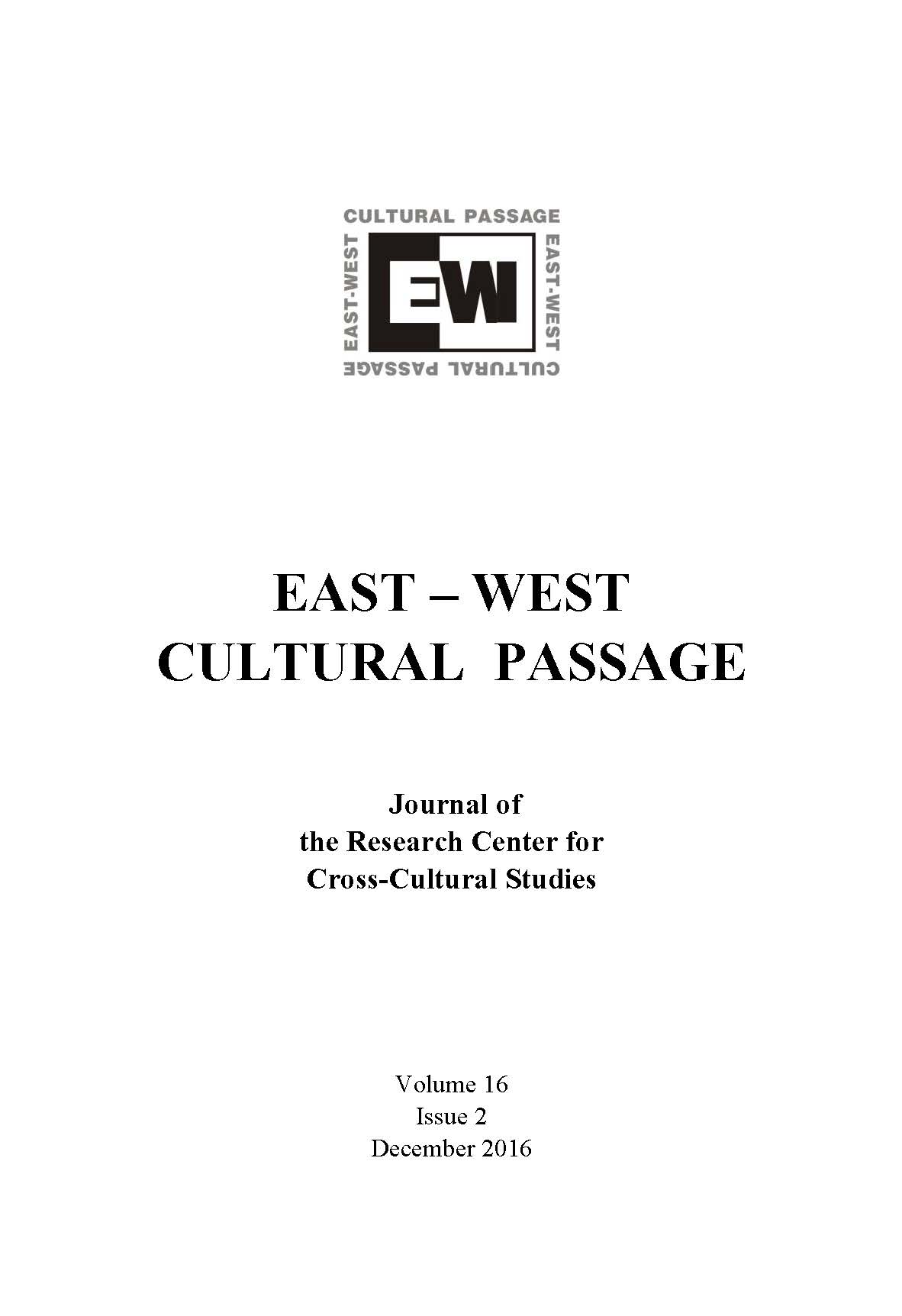Gender and Literacy in India: Discrimination, Crimes against Women and Women‘s Movement
Gender and Literacy in India: Discrimination, Crimes against Women and Women‘s Movement
Author(s): IULIA Nicoleta RĂȘCANUSubject(s): History, Social Sciences, Education, Cultural history
Published by: MUZEUL ETNOGRAFIC AL TRANSILVANIEI
Keywords: education; female literacy; India; Third World feminism; social evils; oppression; education campaigns
Summary/Abstract: Literacy for women in the context of the Indian feminist movement started even before Independence (1947) and became a much stronger point on the feminist agenda when a series of rights provided for women were guaranteed by law. Ironically initiated by white male colonialists, the feminist movement in India did not focus on education. However, literacy and the improvement of women's social status were soon linked with women seeking opportunities for access to education. Feminist actions and theory were soon attacked by nationalists who were ready to support the women's cause only as long as it benefited the nationalist cause, thus falsely assuming and promoting feminism as a degrading component of the Western culture, completely un-Indian. Third World and Indian feminists such as Kumkum Sangari, K. Jayardena, C.T. Mohanty or Uma Narayan have fought back these assumptions while emphasising the fact that the category Third World feminists should approach is not ―woman‖ but ―women.‖ This essay presents an overview of the status of women in India including their access to education, higher education, leadership positions, economic and political inequalities, crimes against women and the existing gender policies.
Journal: East-West Cultural Passage
- Issue Year: 16/2016
- Issue No: 2
- Page Range: 7-21
- Page Count: 15
- Language: English
- Content File-PDF

